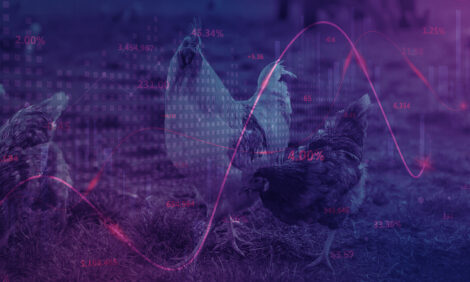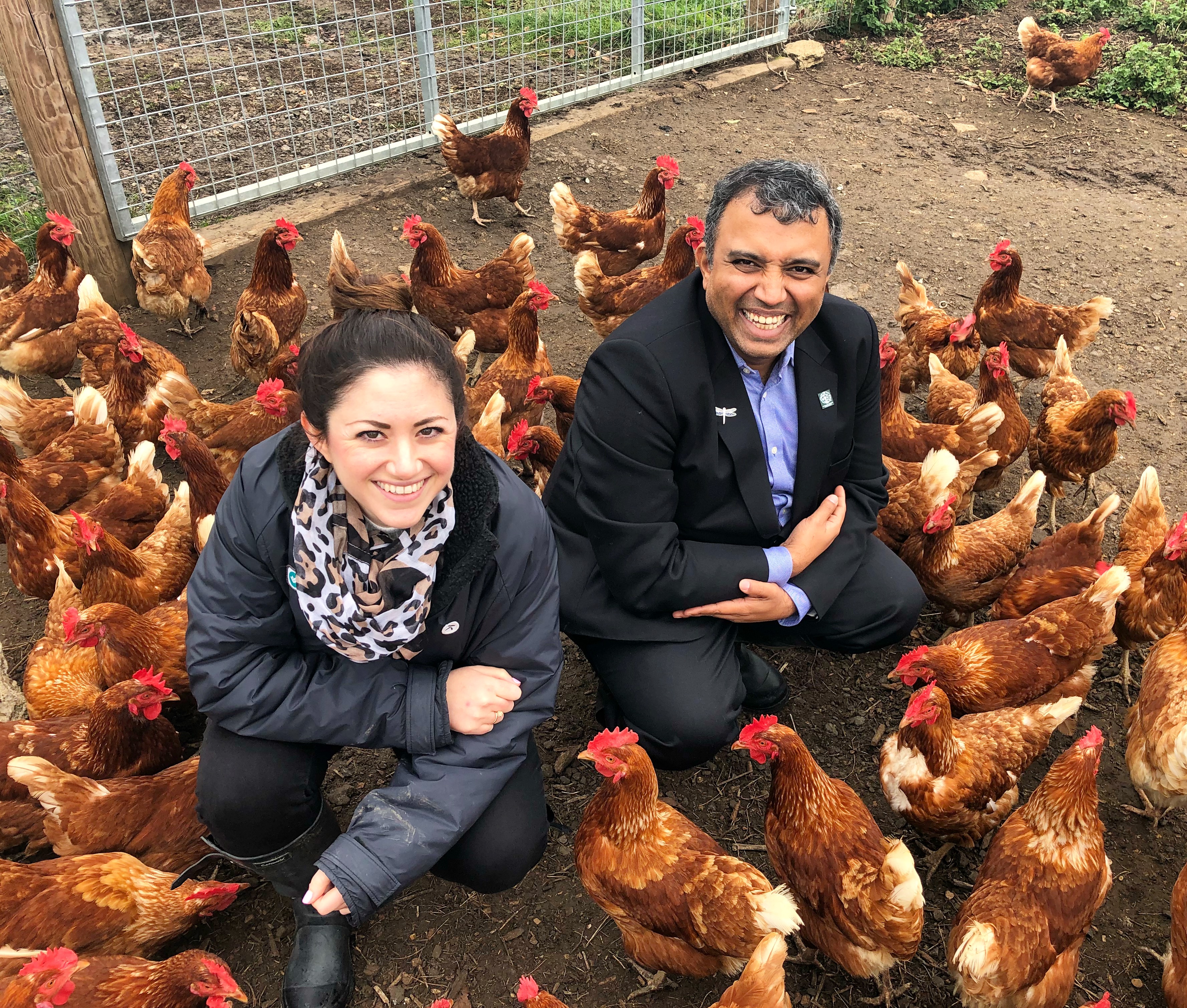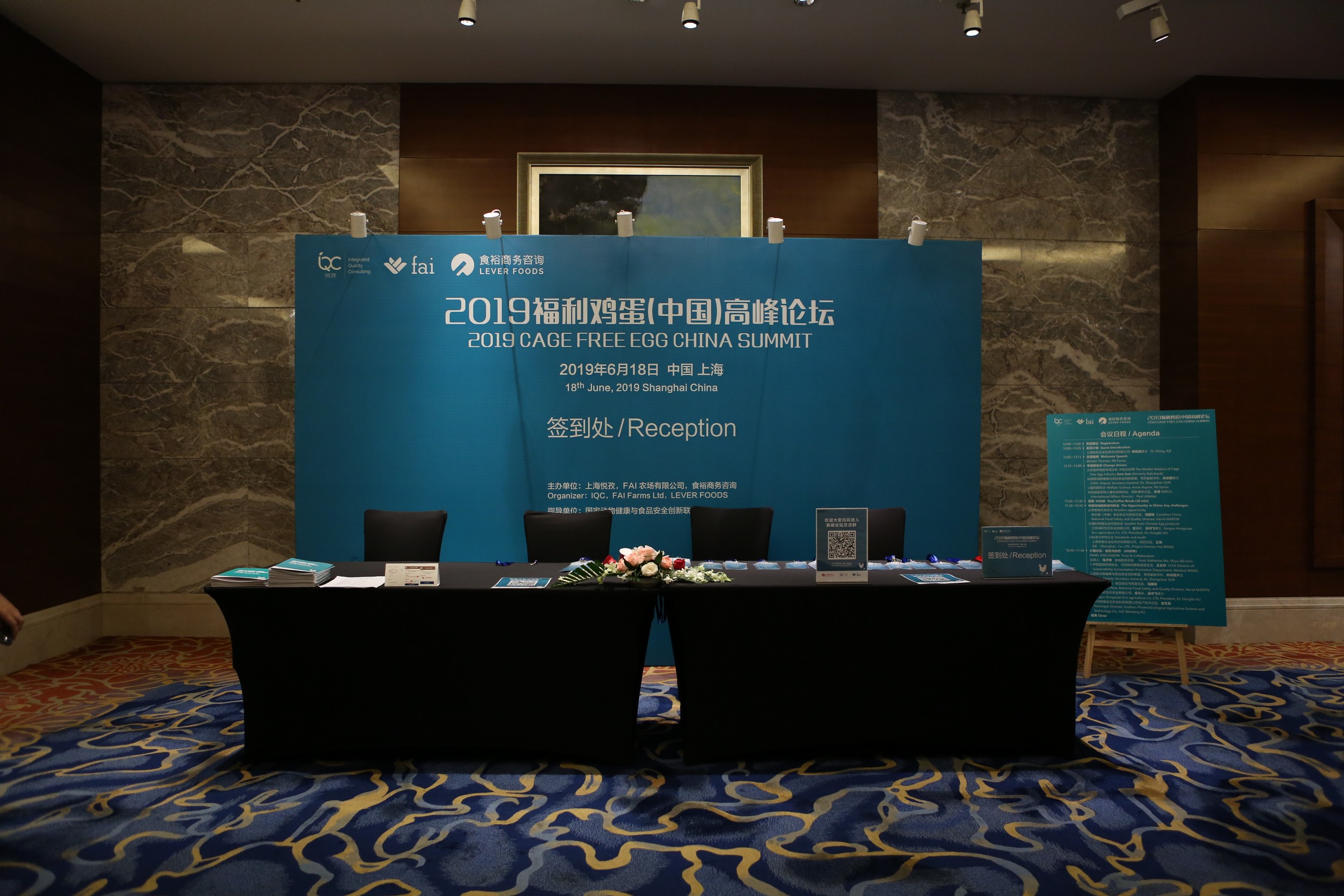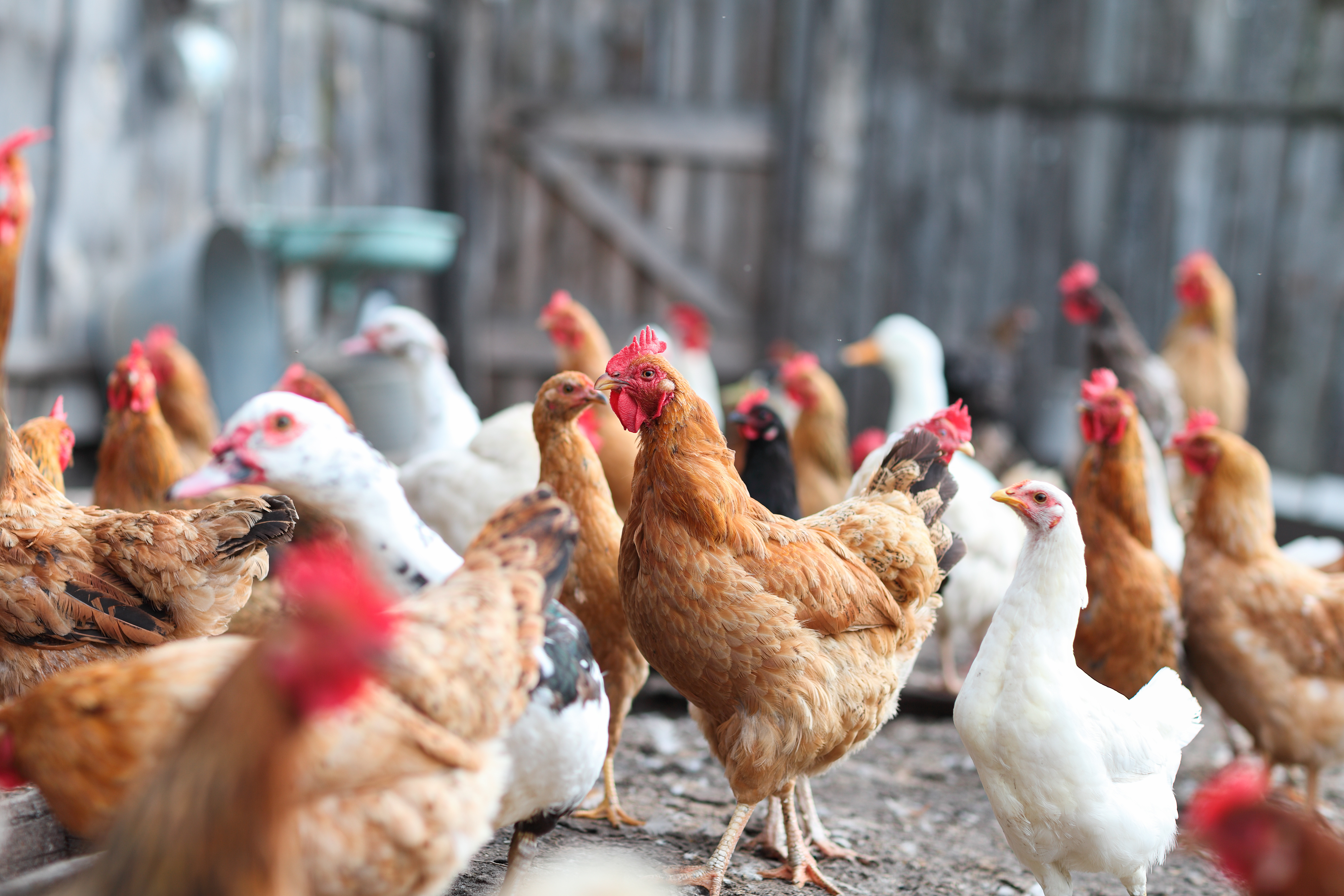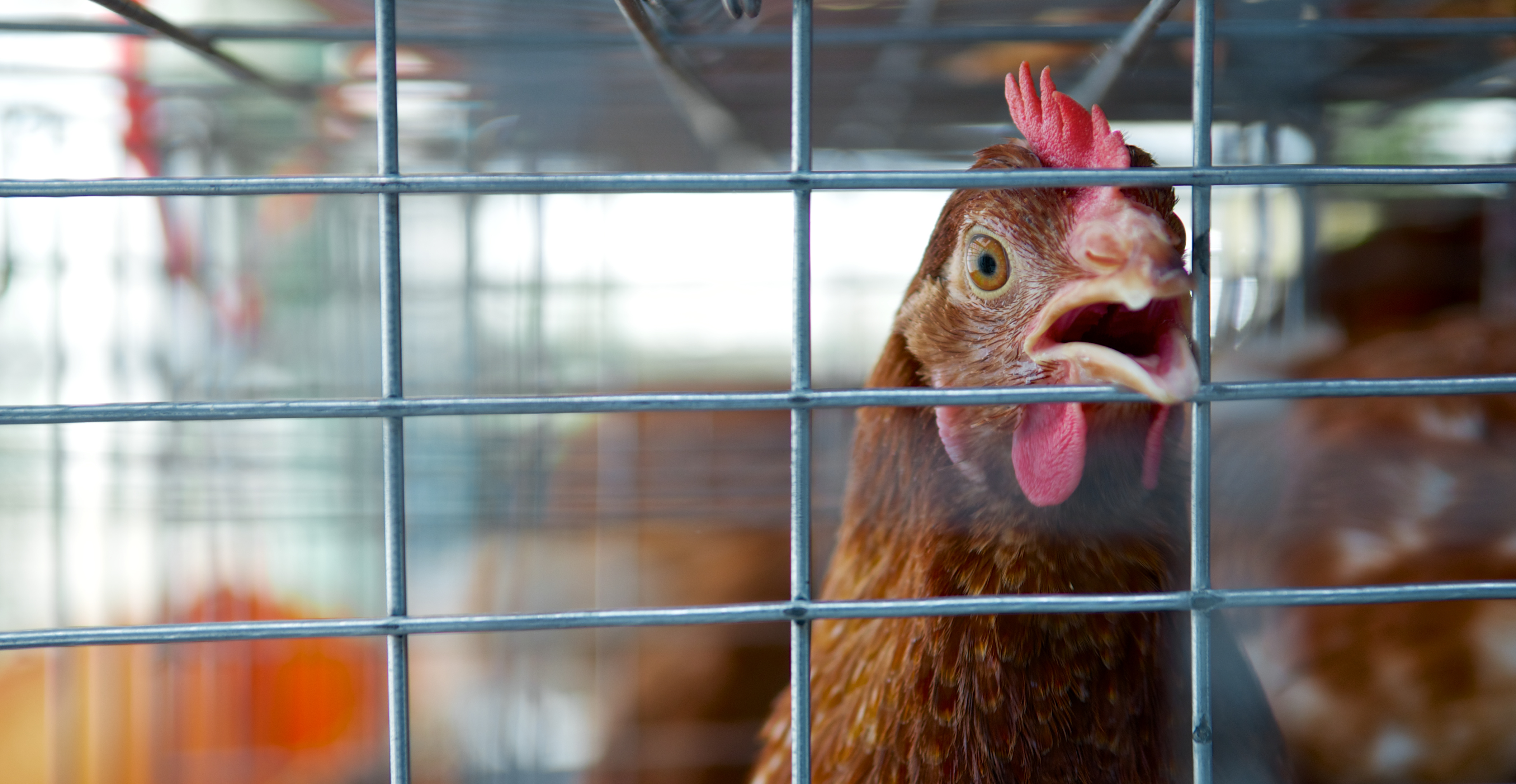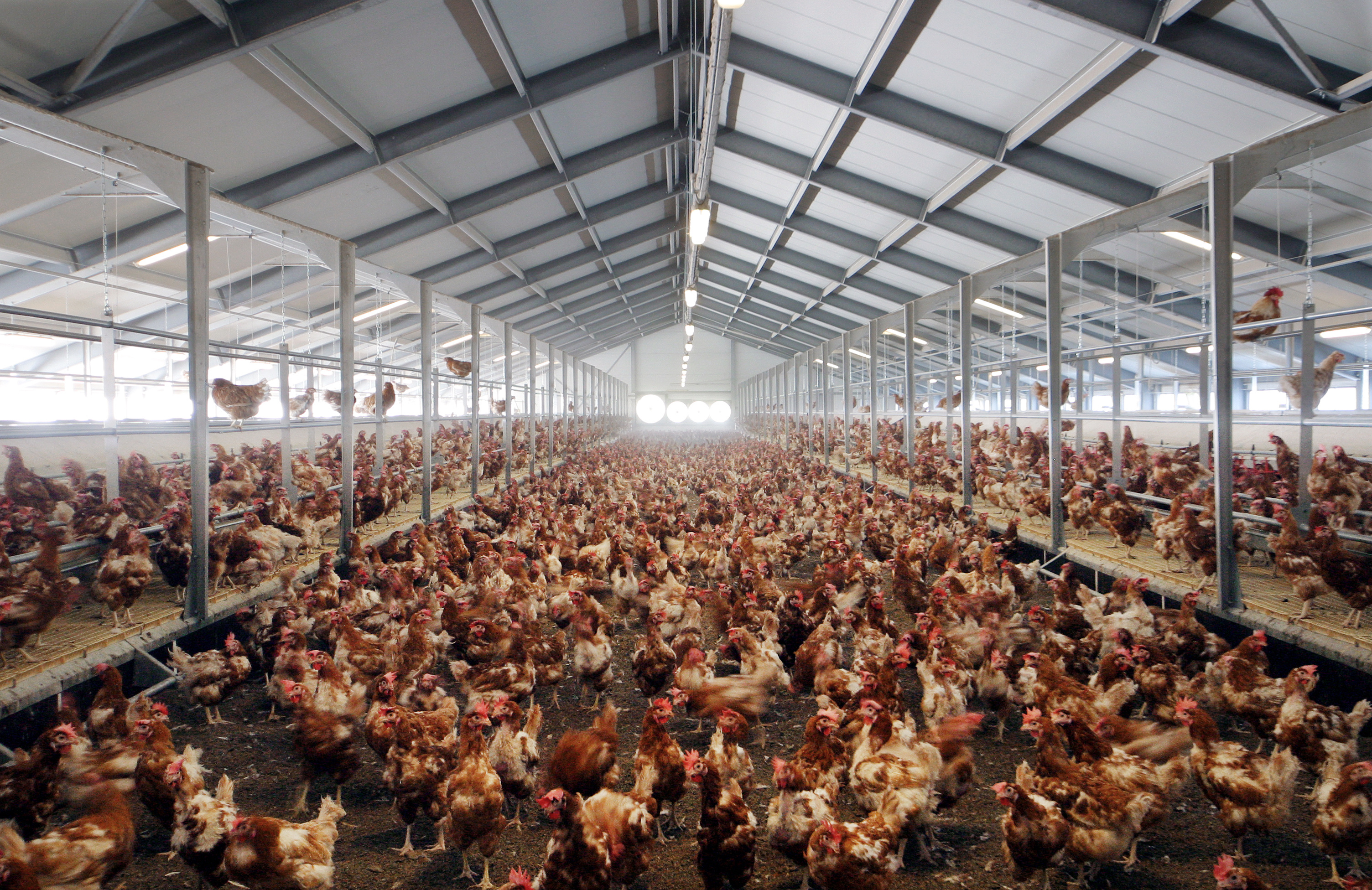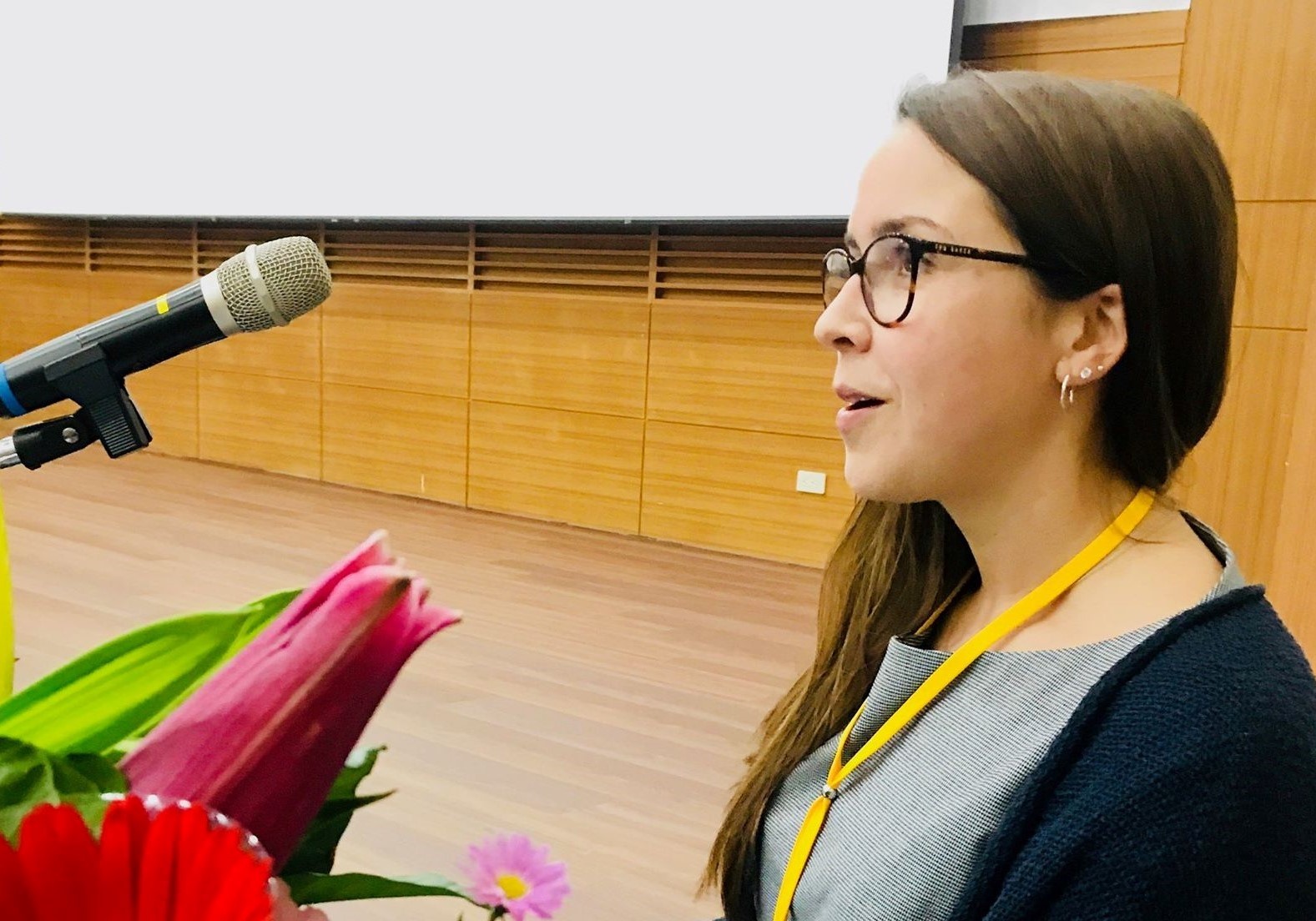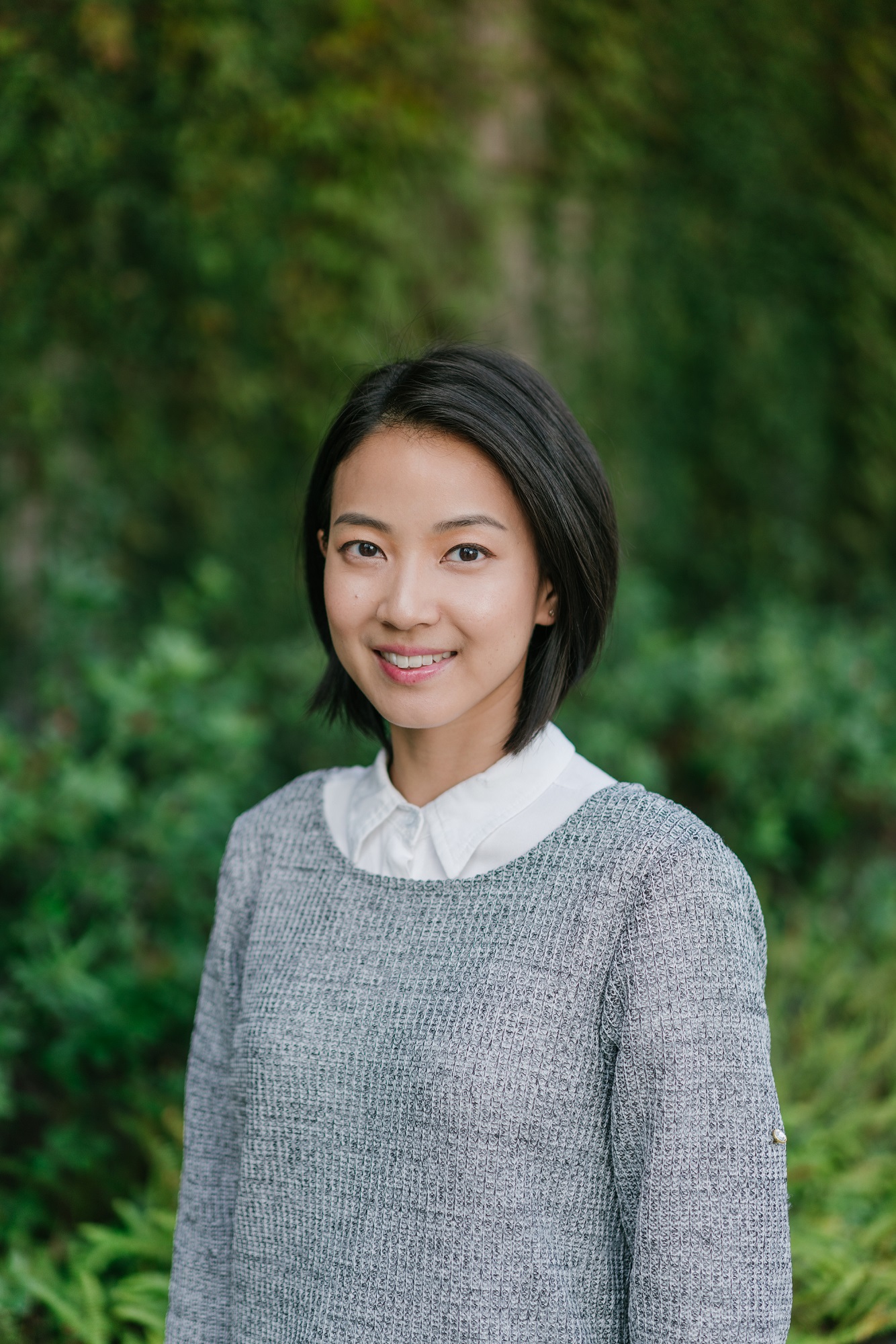



Shedding light on the transition to cage-free eggs in China
Dr Chuanwu Xiong, CEO of Integrated Quality Consulting, speaks with The Poultry Site on what to expect in the Chinese egg industry in the next 5-10 years.Part of Series:
Next Article in Series >
Dr Chuanwu Xiong is the CEO of Integrated Quality Consulting (IQC). With more than 15 years of experience in production and quality management, Dr Xiong brings a breadth of experience in assessment, training and consulting for food and agricultural suppliers to the 2019 Cage-Free Egg China Summit.
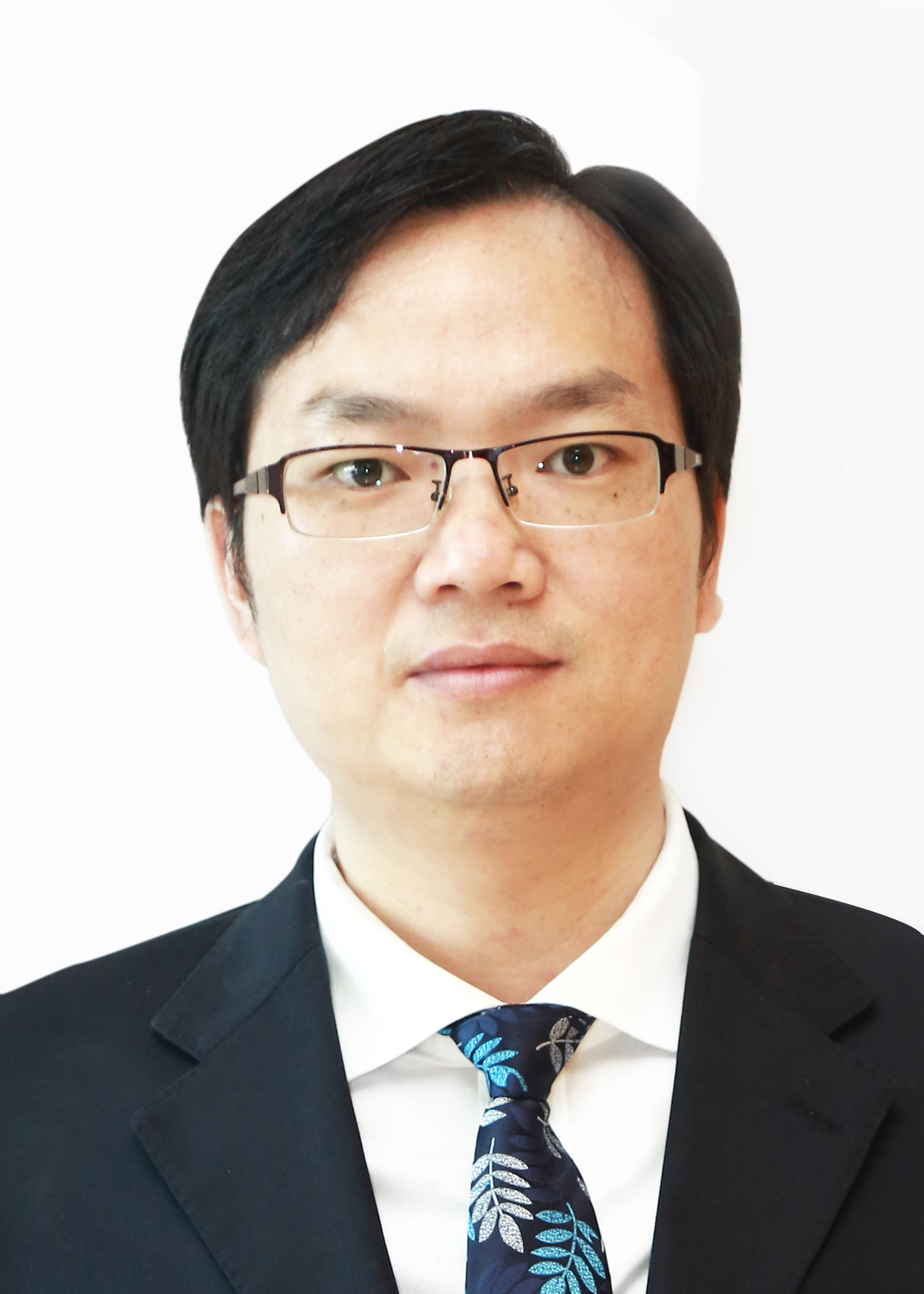
Also a leader of the International Featured Standards (IFS) Asia office and a member of the Global Food Safety Initiative (GFSI) working group, Dr Xiong works with the agriculture sector and food suppliers to assess and train stakeholders to improve food safety, traceability and sustainability.
Dr Xiong has worked both internationally and domestically in China on consulting projects to make food safer and more sustainable by building food safety and quality systems and raising awareness of these issues with entities such as Unilever, Hefei College, Star Farm of Metro, the Ministry of Commerce and the Bor S. Luh Food Safety Research Center.
What inspired you to work for the improvement of food sustainability and animal welfare?
I’ve had a significant amount of experience working on sustainability projects. From my perspective, sustainability not only helps us to recover the environment and reduce our impact on it, but also to improve food safety and quality with better management.
To satisfy our consumers, we need to work from a different angle, which means focusing on sustainability as well as quality.
What are the most significant challenges to shifting to cage-free egg production in China?
First, in China nine percent of eggs currently come from free-range egg farms and one percent from cage-free farms. First, most egg production facilities are designed based on the caged system, so it will be a big investment to shift from caged systems to cage-free systems.
Second, the capacity of cage-free egg production will reduce, since cage-free hens require more space.
And third, with more investment and a lower capacity, the price consumers pay for cage-free eggs will increase.
What role does IQC have in China’s effort to efficiently manage this transition for producers and companies alike?
IQC, conducts on-farm inspections and provides a consulting service to ensure suppliers meet cage-free standards. It will help, in this way, to establish a cage-free standard for China.
In your view, what does the 2019 Cage Free Egg China Summit represent for the Chinese egg industry?
This summit will allow us to explore and discuss the requirements and standards for cage-free egg production. It will encourage an understanding about the current situation in the USA and Europe and will aid in predicting future trends in cage-free egg production in China. Finally, it will allow us to connect with the end-user market, ie, retailers, restaurants, etc.
What are your anticipated outcomes from this conference?
We anticipate that a transition to cage-free eggs in the Chinese market will receive greater support and more awareness of the benefits of this type of system will be raised. We foresee that major egg producers, cage-free producers and retailers, restaurants and hotels will become more interested in purchasing cage-free eggs.
What changes do you foresee in the next 5-10 years for the Chinese Egg industry?
As diversified consumers are demanding high quality and sustainable products, more and more egg producers will join the cage-free movement and transition to that system. But in 5-10 years, caged eggs will still make up the majority of eggs produced.
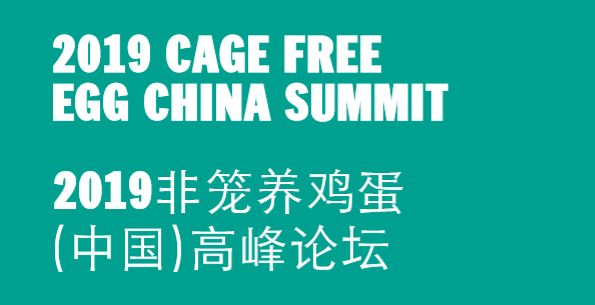
The 2019 Cage Free Egg China Summit will take place on 18 June 2019 from 13:00-17:30 in Shanghai
The event is co-hosted by FAI Farms, IQC and Lever Foods
Register here








